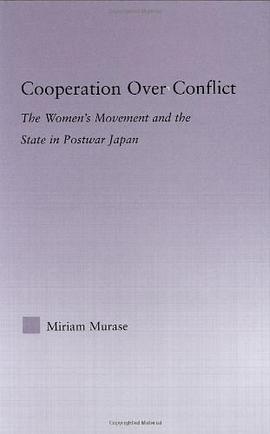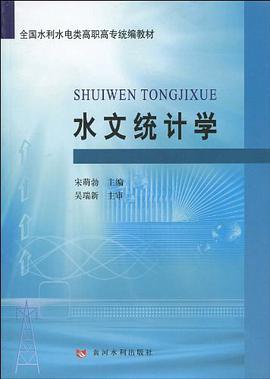

具体描述
Japan's post war transformation has been hailed as nothing short of a miracle. Yet, in the midst of massive social, economic, political, and cultural change, gender inequality persists at remarkably high levels. The paradox of Japan's progress against the persistence of gender inequality raises the question of why women remain a half-step behind men, more than a half century after women were granted equal rights under the post war constitution. Murase provides a political perspective to this question. She analyzes gender inequality in terms of power, specifically the power, or lack of power, that women themselves may exercise to create social change. Through a scholarly examination of women's groups, women's centres, and women's policy, this book documents state intervention in the women's movement in Japan. This intervention takes the form of regulations that limit the independence of women's organizations, as well as resources that aid and influence their activities. The result is a relationship between women and the state that is more cooperative than conflictual, leading to a slow and incremental process of social change for women in Japan. Covering new areas in political science and filling a gap in Japanese Studies as well as women's politics literature, this text is essential reading for all those interested in Japanese Studies and women's politics.
作者简介
目录信息
读后感
评分
评分
评分
评分
用户评价
相关图书
本站所有内容均为互联网搜索引擎提供的公开搜索信息,本站不存储任何数据与内容,任何内容与数据均与本站无关,如有需要请联系相关搜索引擎包括但不限于百度,google,bing,sogou 等
© 2026 book.wenda123.org All Rights Reserved. 图书目录大全 版权所有




















